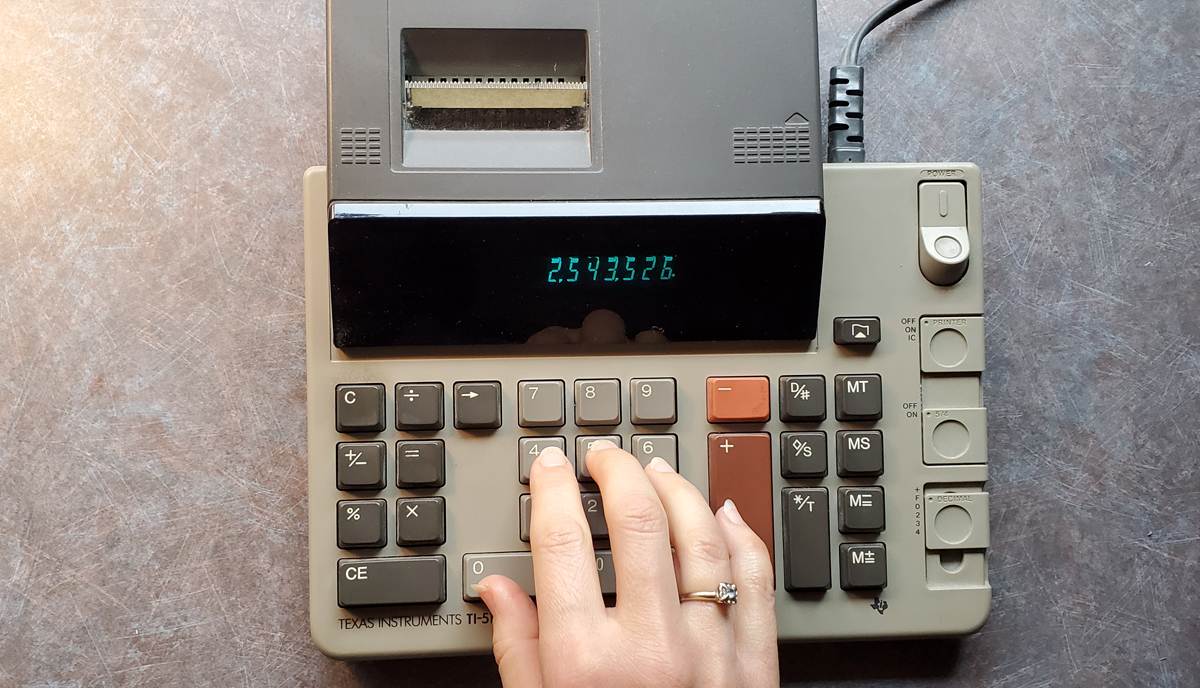(Today’s guest post come to us from Emma Jones, who shares what she has learned about reigning in spending when the need arises.)
One of the key skills that all physicians must have is making their practice profitable. If you cannot make ends meet, you can hardly hope to help people and improve your practice. Sometimes, things are going great, and you have plenty of money to work with. But, when times get tough, you might want to know how to track your spending and reduce your costs.
One of the misconceptions I commonly see among physicians is that they cannot possibly reduce their expenses, especially among those that own their own practice. Nine times out of ten, there is likely a way for them to reorganize their practice and lower the amount of money needed to run it. But, they either don’t want to expend the effort or are too set in their ways to make the necessary adjustments. So, if you are serious about tracking your spending and reducing costs, her are six easy ways to get started.
Set financial goals
When it comes to dealing with money the first thing to do is to set a goal. In the short term it is never fun or satisfying to keep track of expenses, save, or forgo certain expensive pleasures. Therefore, it is crucial to have clear goals as to why you are doing these tasks. Ideally, the financial plan in question will be tangible, like a new piece of equipment, a better source of transport, or a general practice improvement. If you are simply going through a rough patch and you need to make ends meet, try to focus on maintaining your professional standard while lowering expenses.
Once you have a goal in mind, it is important to establish a spending plan. Regardless of how much money you would like to save, you first need to know how much of it you have coming. Your plan should be set up as a monthly snapshot of your financial life, with an added caveat for the first week of the month (paying bills) and an extra fund for unforeseen circumstances. Regardless of how you outline your budget, you need to have a final figure to know what you have to work with.
Automate savings
If you have a clear financial goal for saving money, automate the process. For instance, if you need to save $20,000 for a piece of new medical equipment, automatically take $2000 out of your monthly budget to put into a special savings account. Having a savings account with automatic transfers is generally a good idea to help save money without it slipping away on daily spending.
Outline expenses to track your spending
If you find yourself in a financial tight spot or you would simply like to save money, it is paramount that you outline expenses. What I would usually do is record everything, and when I say everything, I do mean everything. Every expense, be it personal or professional, large or small, should be recorded. This includes:
- Mortgage or rent (both for office and home).
- Utilities.
- Groceries.
- Car payments.
- Transportation.
- Annual membership fees.
- Insurance premiums
- Business gifts and meals.
- Miscellaneous fees.
Only once all these expenses are accounted for can one truly determine how much money is being spent. More importantly, knowing where all the money is going brings an awareness of how substantial certain expenses are.
Keep close track of your expenses
Once you’ve outlined your expenses, you should keep track of them. Fortunately, doing so is easier than ever. There are several free apps out there that can help you track your spending and reduce your costs on a daily basis. My favorites are Goodbudget and QuickBooks® Online. I would recommend Goodbudget for keeping track of the home budget and QuickBooks for practice expense tracking.
After a couple of months, you will notice specific patterns in spending. And by identifying these patterns, you will get an idea of where you can cut back. I am always surprised at how oblivious people are to their everyday spending habits and unnecessary expenses, both in their private and professional lives. If you wish to be responsible with your funds, you need to know where your money goes and how you generally approach spending. And the best way to do this is by tallying up expenses daily and reviewing them after a few months. I also like to perform year-end financial housekeeping as a way to review my finances and see where they are headed.
Cut unnecessary expenses
Fortunately, you don’t have to wait months to save money. I, for one, have noticed that just by taking the bus every now and then, I was able to save a couple of hundred dollars each month by using public transportation or driving my bike. Another hundred or so dollars a month was saved by cutting out smoking. Notice that cutting these expenses was both cost-efficient and a healthier option. Cooking my own meals also saved money as well as greatly impacting my health. So, remember that cutting expenses can be a positive effect on your life, especially if you cut out unnecessary vices and comforts.
Shop around for better deals
A big part of saving money is knowing how to get better deals to get more out of each dollar. This means doing a little research to find more cost-effective options. Of course, you cannot always opt for the cheapest option, as that can lower quality too much. But, you’d be surprised at what you can find if you simply apply yourself. I, for one, learned a lot once I started talking with my colleagues and learning how they save money. By combining their methods and solutions, I balanced between being cost-effective and not lowering my standards.
You should also negotiate with vendors and look for seasonal and professional discounts. This goes for your everyday expenses, as well as for more substantial, one-time investments. For instance, when I moved from California to Oregon, I desperately needed reliable yet cost-effective movers. While searching for reputable moving help wasn’t difficult, I had difficulty lowering their service cost. But I learned that time arbitrage can change costs drastically. By rescheduling my relocation by only three months, from August to November, I reduced my moving expense by 30%. Researching and using such discounts is helpful if you are serious about saving money.
Final thoughts
What I’ve outlined so far has helped me tremendously over the years. Both when I needed to save money for a specific goal and when hard times hit. I firmly believe that knowing how to track your spending and reduce your costs is a trait of a mature person with the discipline to manage themselves and make the right decisions. Every responsible adult needs to know how to manage their finances properly.
(I hope you found Emma’s tips helpful. But if you need to take it even deeper or find yourself in a financial crisis, pick up a copy of The Doctors Guide to Navigating a Financial Crisis and quickly get yourself back on track.)









